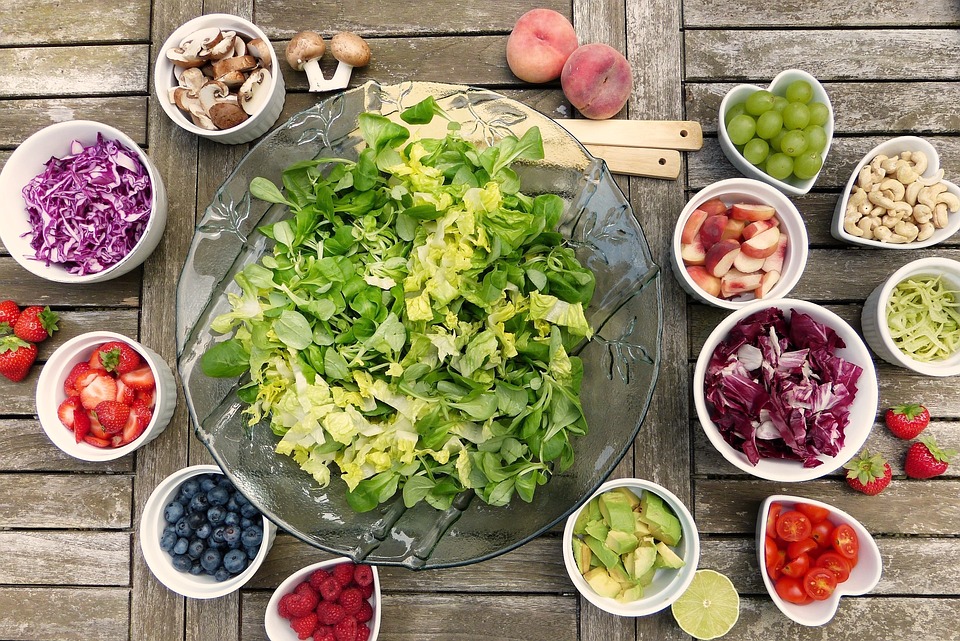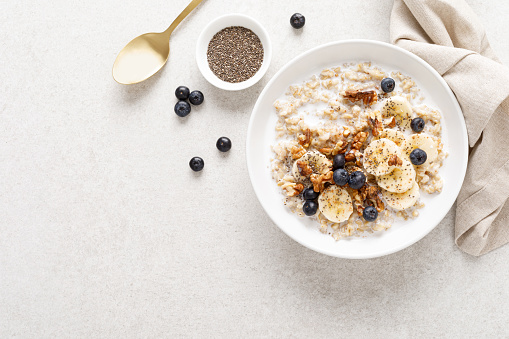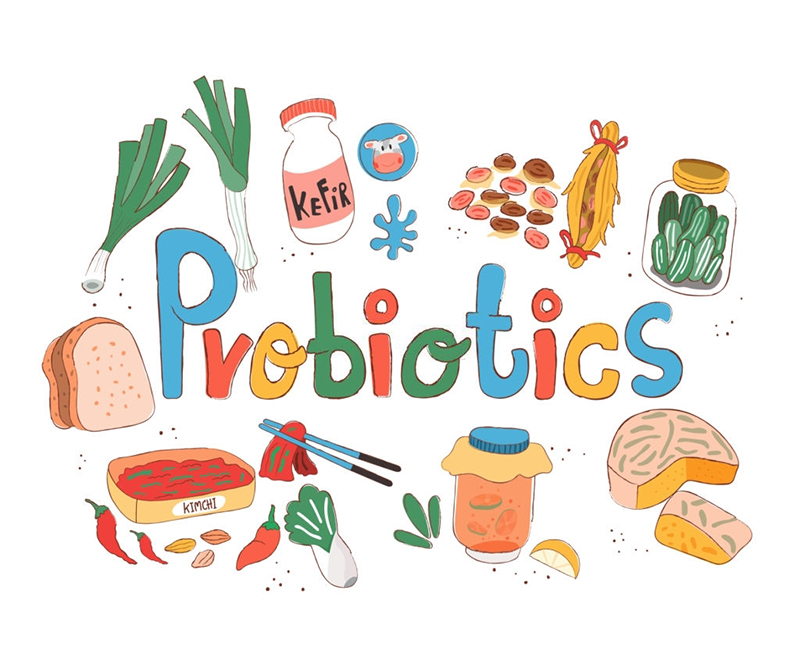Probiotics have become increasingly popular in recent years, and for good reason. They provide a variety of health benefits, including improving digestion, boosting the immune system, and even improving mental health. However, with so many probiotic supplements and probiotic-rich foods available, it can be tough to know which one to choose. In this article, we’ll explore the differences between probiotic supplements and probiotic foods and which one may be better for you.
Probiotic Supplements
Probiotic supplements are a convenient way to get a high dose of probiotics. They come in a variety of forms, including capsules, powders, and liquids, and can contain a variety of bacterial strains. Probiotic supplements can be useful for those who don’t consume enough probiotic-rich foods in their diet or those who want a higher concentration of probiotics.
Pros of Probiotic Supplements:
- High Concentration of Probiotics: Probiotic supplements can contain a higher concentration of probiotics than probiotic-rich foods, making them a more efficient way to get a high dose.
- Convenient: Probiotic supplements are easy to take and can be taken on-the-go, making them a convenient option for busy individuals.
- Variety of Strains: Probiotic supplements can contain a variety of bacterial strains, which can provide a range of health benefits.
Cons of Probiotic Supplements:
- Quality Control: The quality of probiotic supplements can vary greatly, and some supplements may not contain the bacterial strains they claim to.
- Price: Probiotic supplements can be more expensive than probiotic-rich foods, especially if you’re taking them daily.
- Possible Side Effects: Some people may experience side effects from taking probiotic supplements, such as digestive issues or allergic reactions.
Probiotic Foods
Probiotic foods are foods that have been fermented, such as yogurt, sauerkraut, and kimchi. These foods contain live and active cultures of beneficial bacteria that can provide a variety of health benefits. Probiotic foods can be a great way to get a variety of nutrients, including probiotics, as part of a healthy diet.
Pros of Probiotic Foods:
- Natural Source of Probiotics: Probiotic foods are a natural source of probiotics, and they’re typically less expensive than probiotic supplements.
- Nutrient-Dense: Probiotic foods are often nutrient-dense and can provide a variety of other health benefits, such as fiber and vitamins.
- Variety of Flavors: Probiotic foods come in a variety of flavors and can be incorporated into a range of dishes, making them a versatile addition to any diet.
Cons of Probiotic Foods:
- Low Concentration of Probiotics: Probiotic foods may not contain as high of a concentration of probiotics as supplements, so you may need to consume more to get the same benefits.
- Limited Bacterial Strains: Probiotic foods typically only contain a few bacterial strains, so you may not get the same variety of health benefits as you would from a supplement.
- Possible Allergens: Some people may be allergic to the ingredients in probiotic foods, such as dairy products in yogurt.
Which One Should You Choose?
The answer to this question depends on your individual needs and preferences. If you’re looking for a convenient way to get a high dose of probiotics, a supplement may be a better option. However, if you’re looking for a natural source of probiotics that provides a range of other health benefits, probiotic-rich foods may be a better choice. Keep in mind that both supplements and foods have their pros and cons, so it’s important to talk to your doctor and do your research before making a decision.
Final Thoughts
Probiotics can provide a range of health benefits, and both supplements and probiotic-rich foods can be a valuable addition to a healthy diet. Ultimately, the choice of whether to take a supplement or consume probiotic-rich foods depends on your individual needs and preferences. Whichever option you choose, be sure to talk to your doctor and do your research to ensure that you’re getting the best possible source of probiotics for your health.







